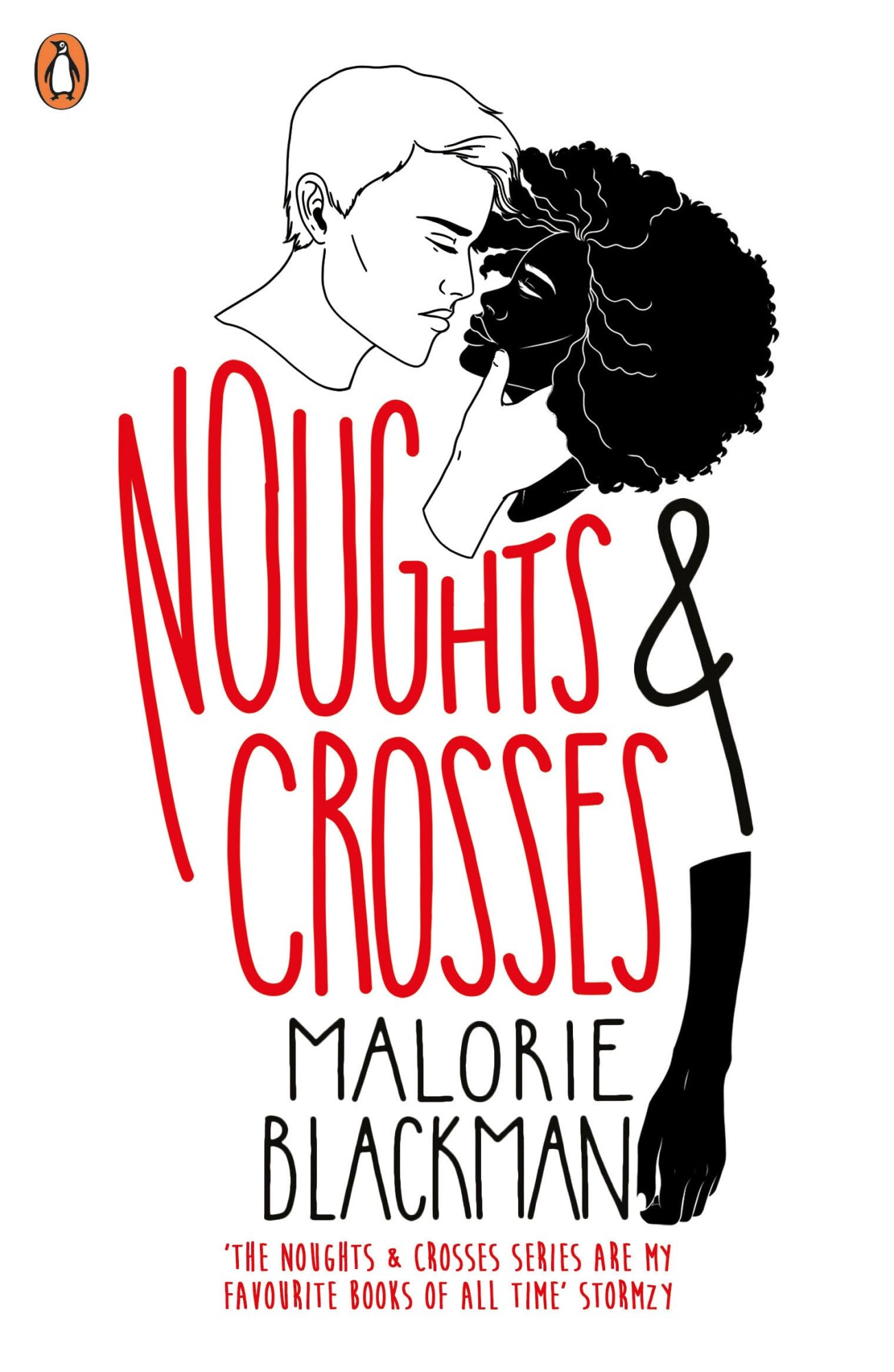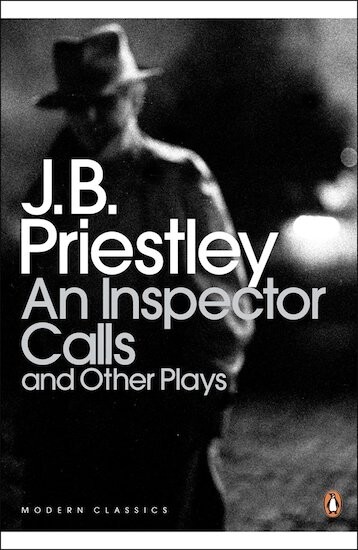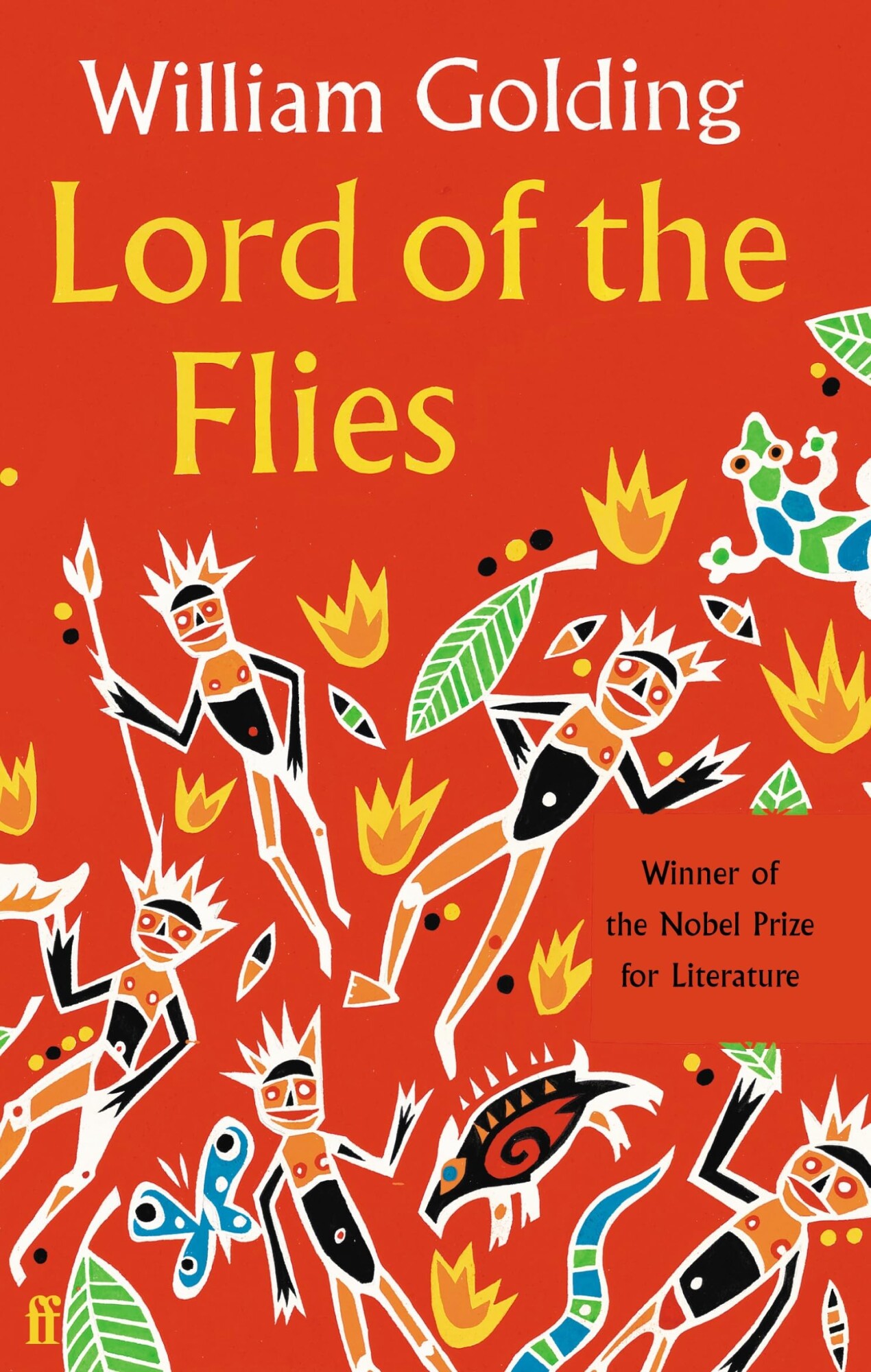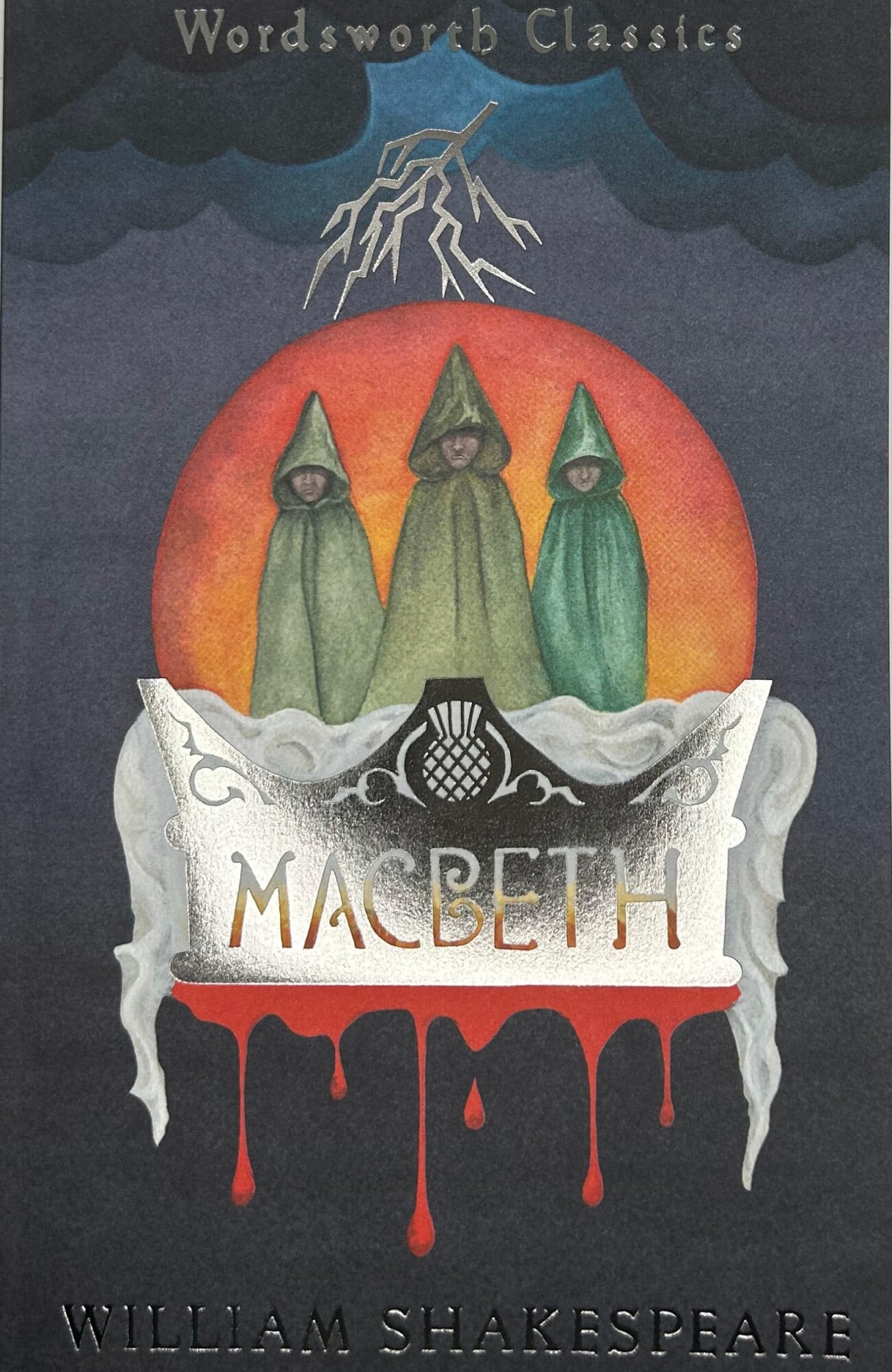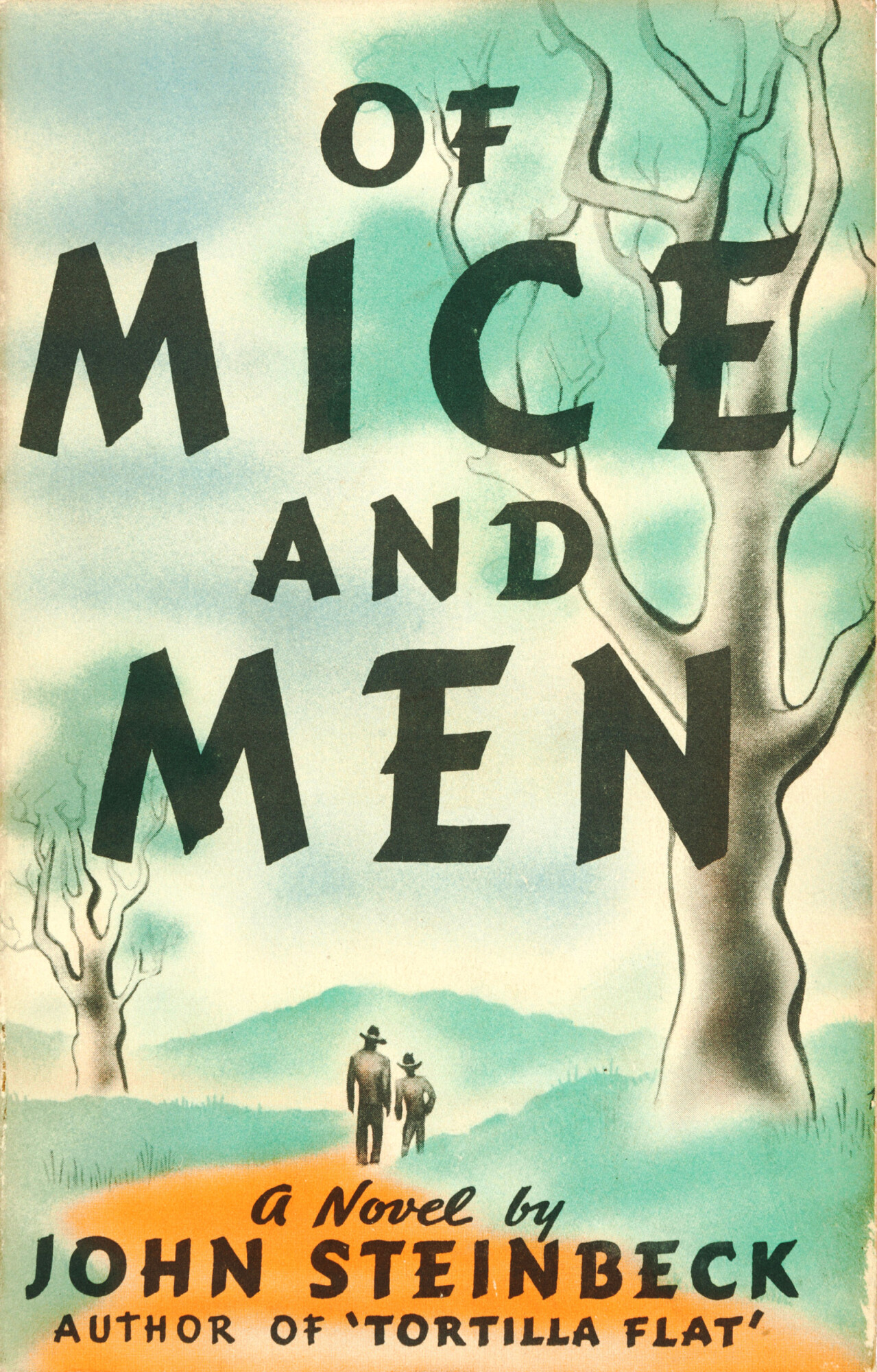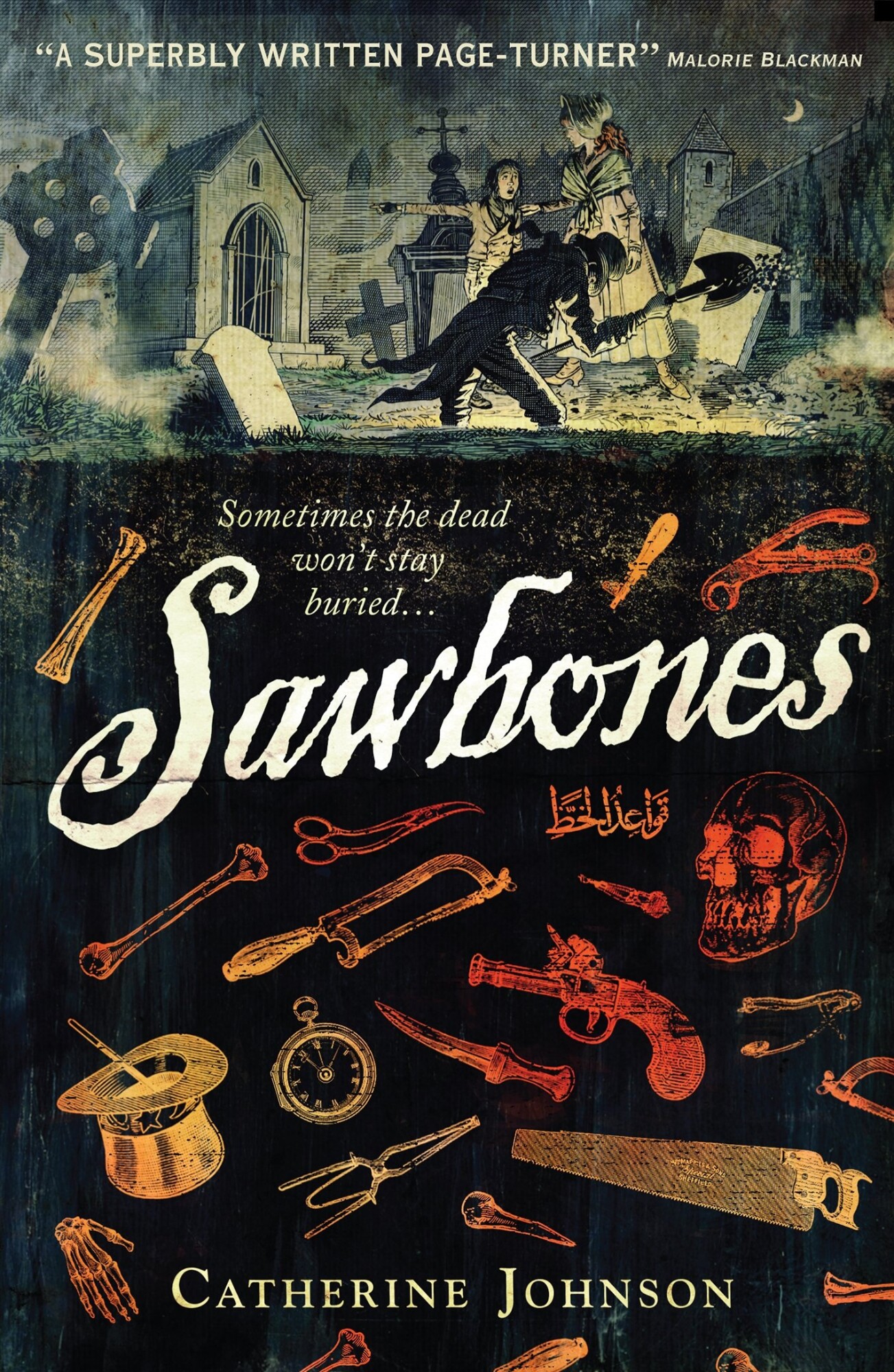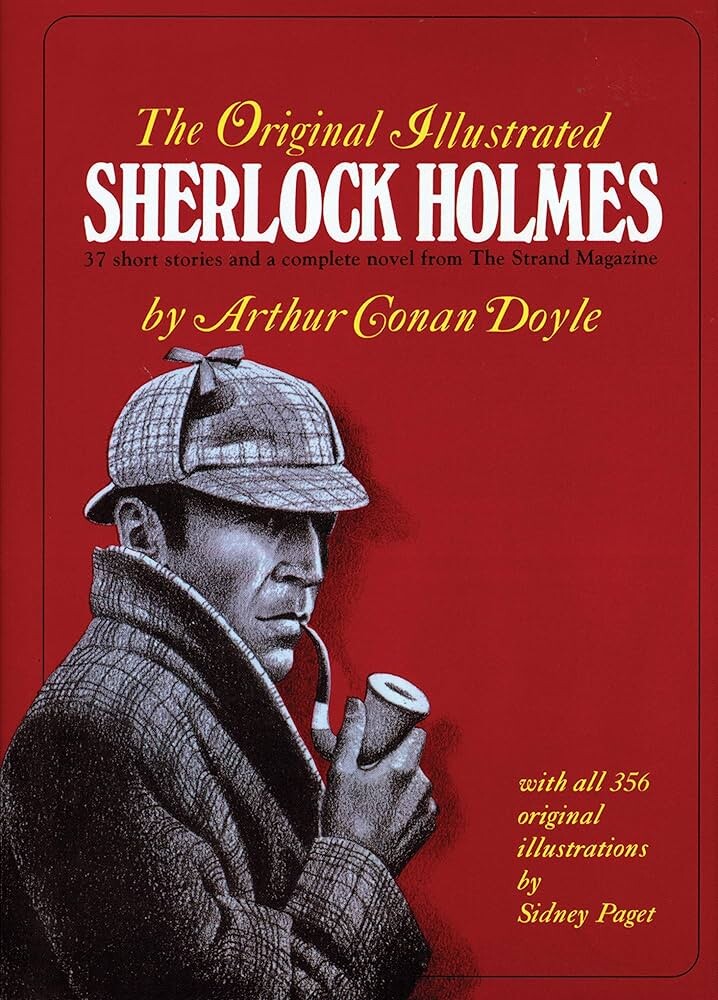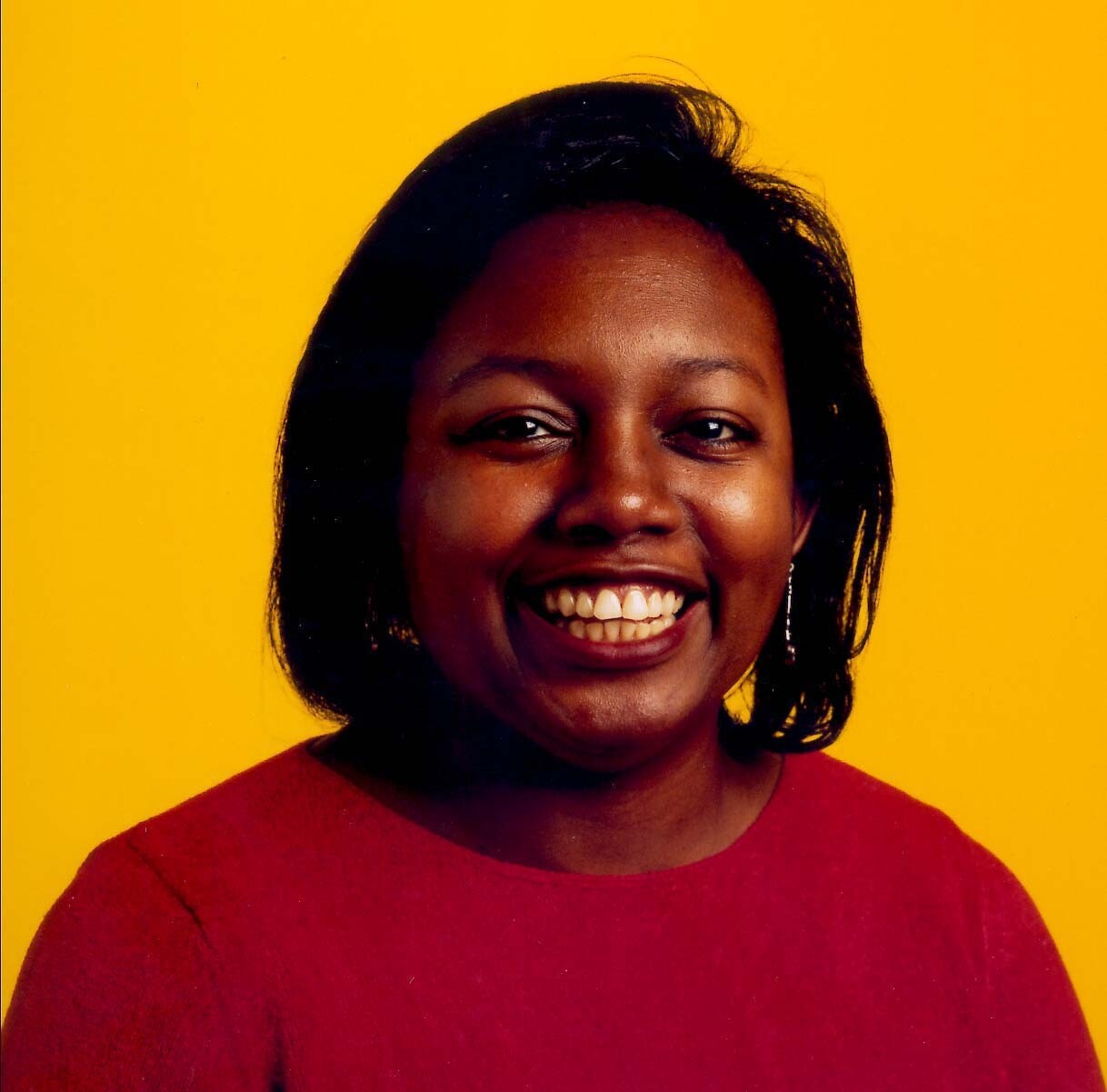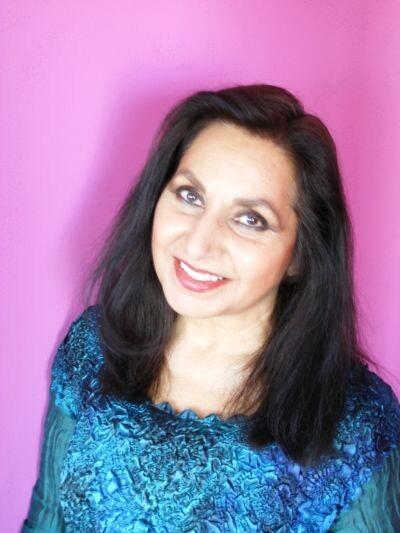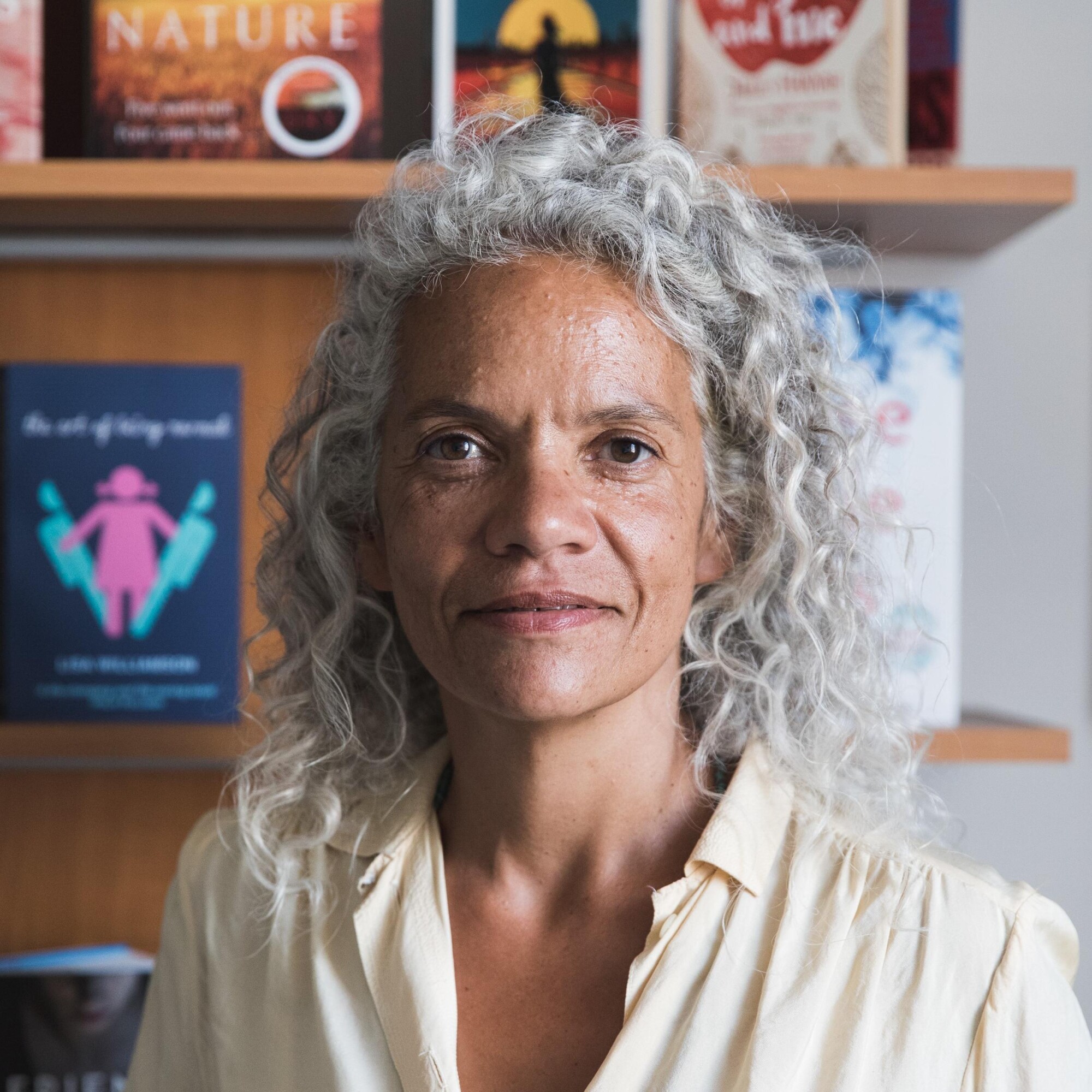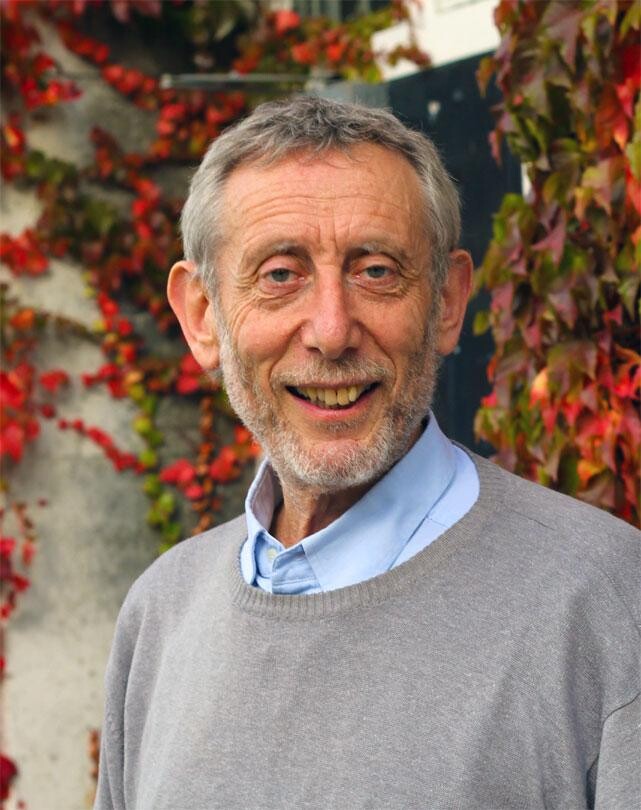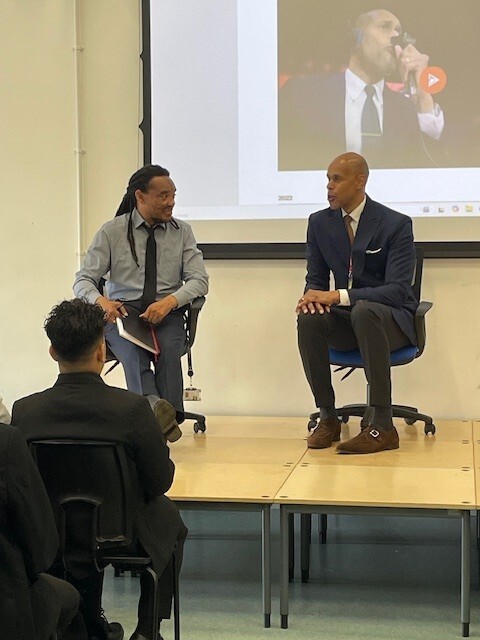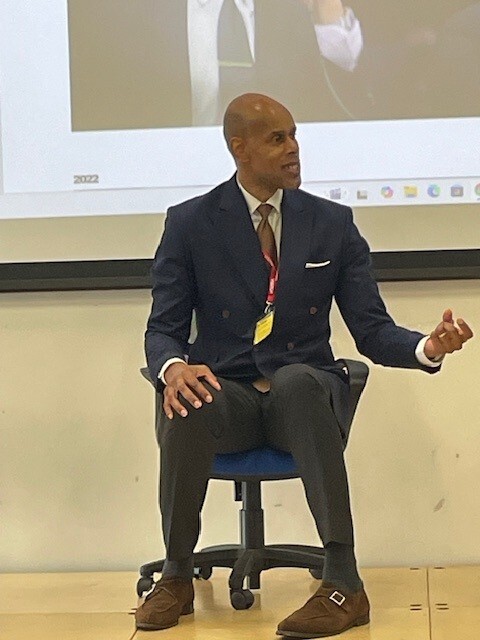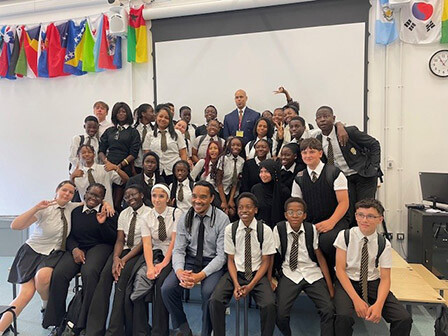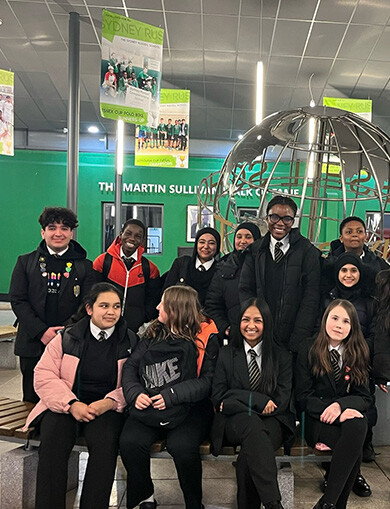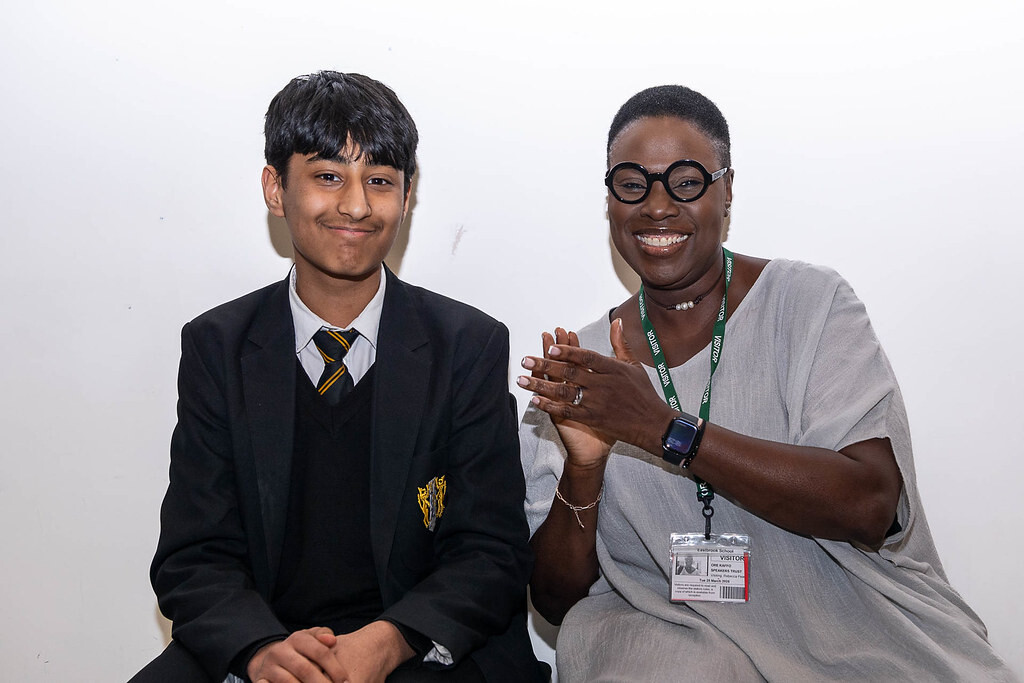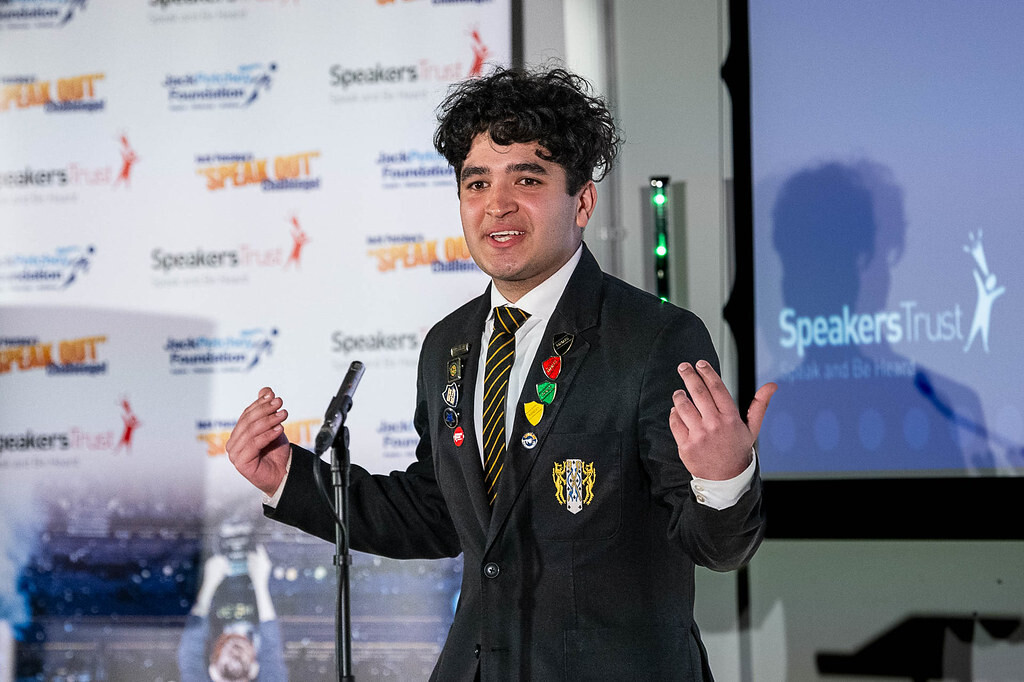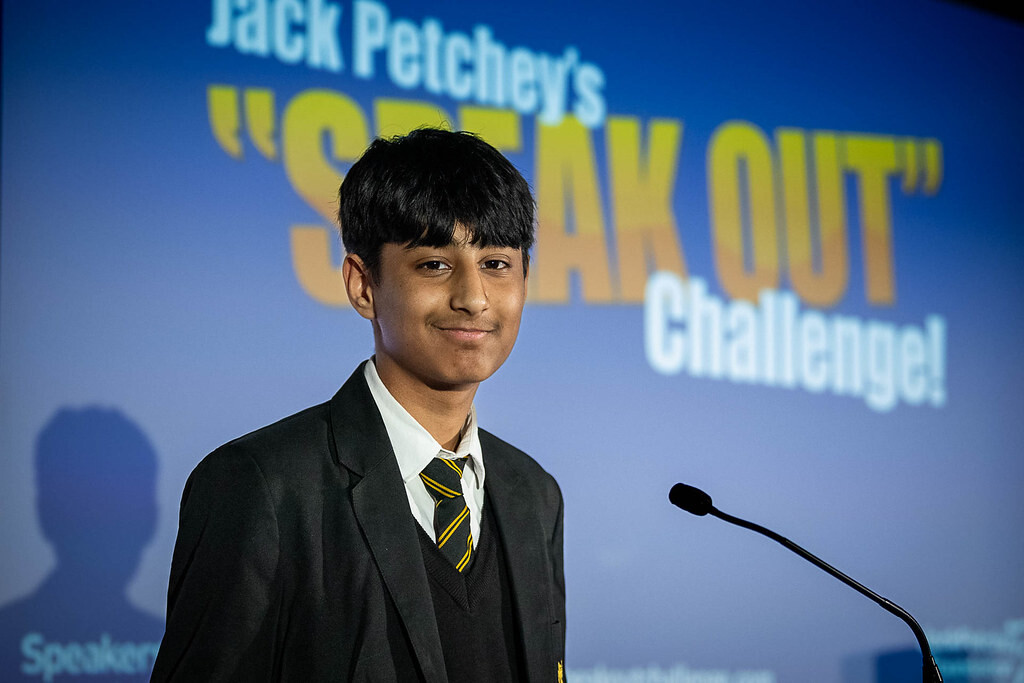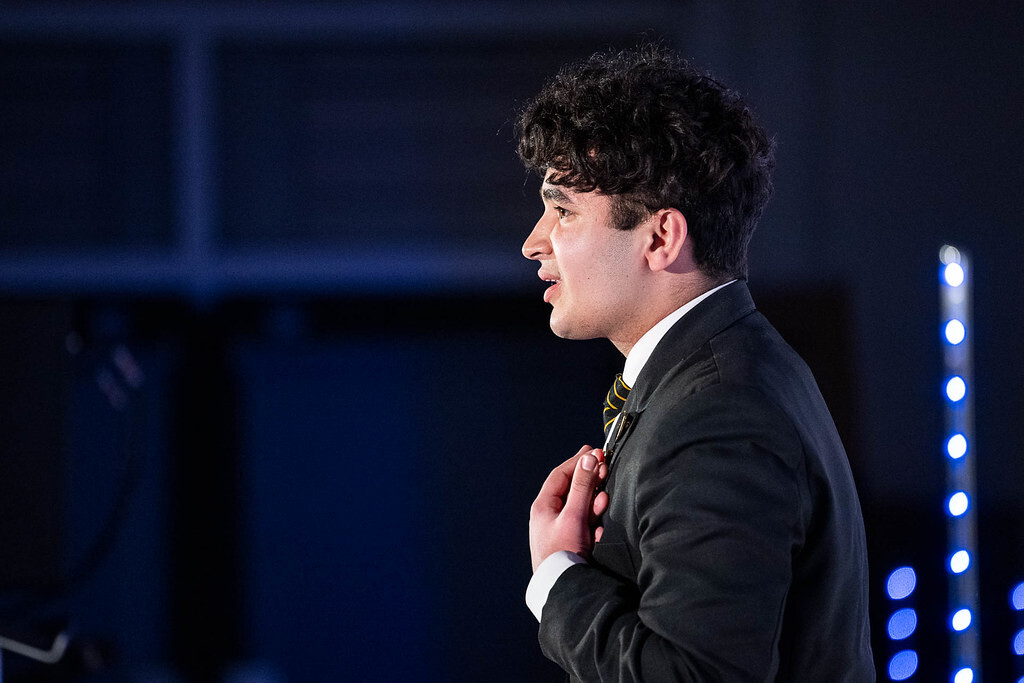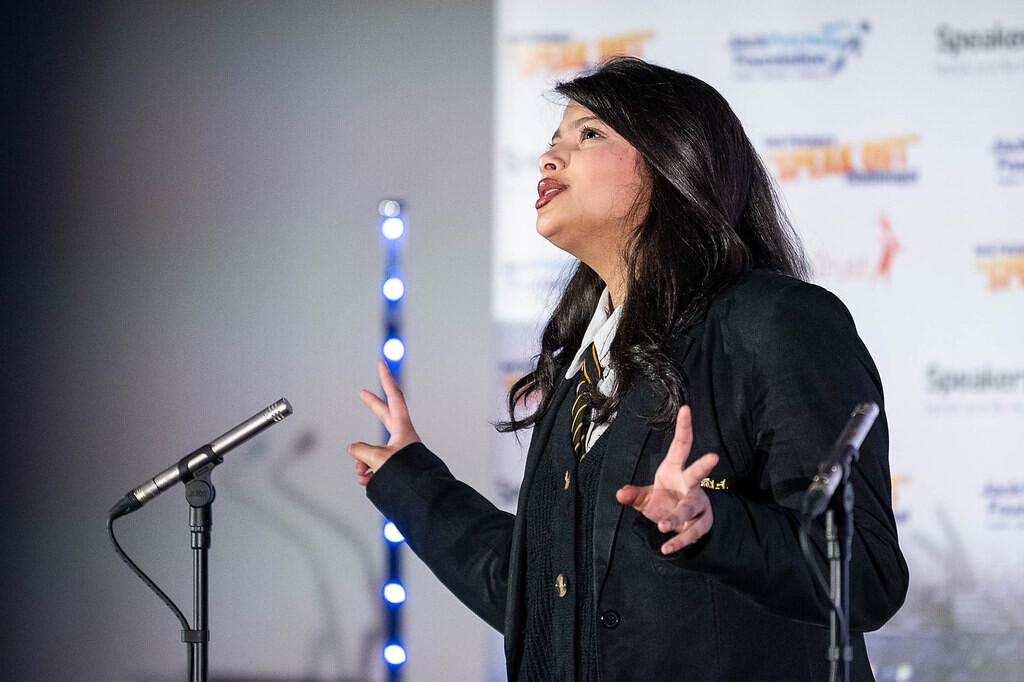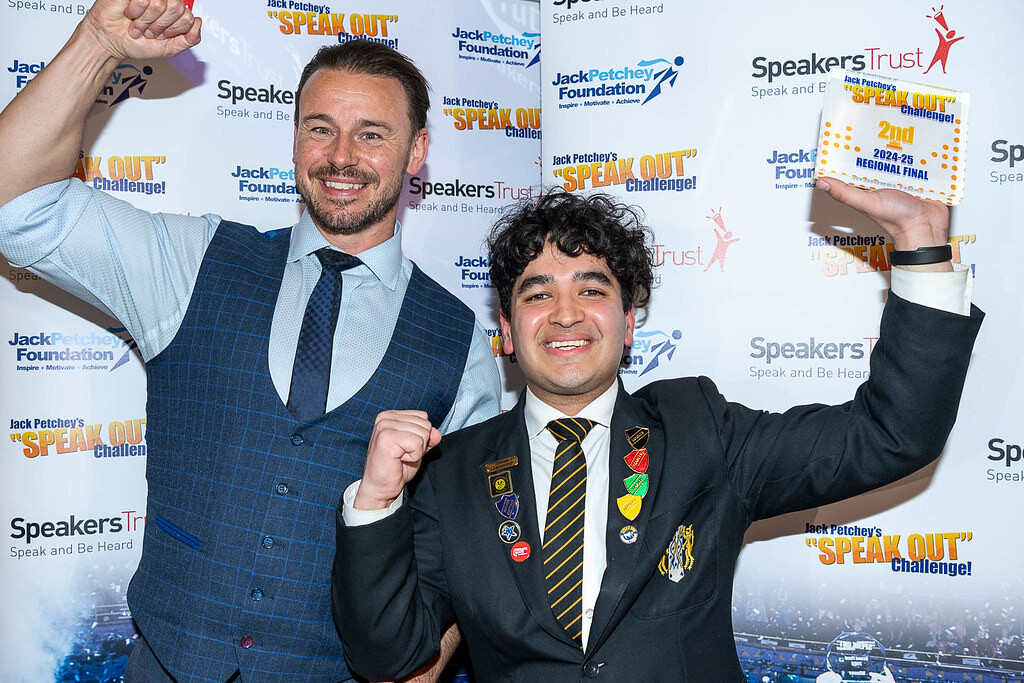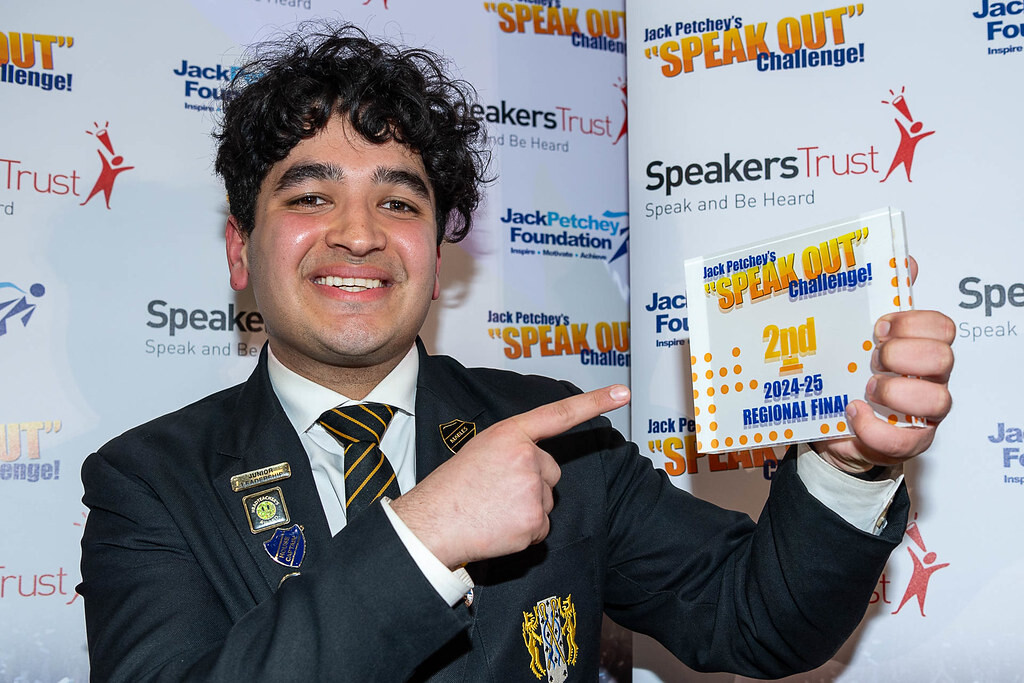English
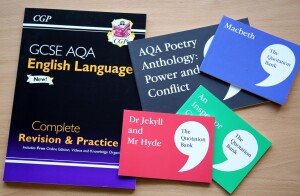
CURRICULUM ETHOS
We aim for our students to develop as independent, intelligent and detailed responders of texts through a focus on reading skills such as synthesis, interpretation, analysis, evaluation and WHAT/HOW/WHY.
Students explore the methods used by writers, using subject terminology to engage with writer's choices regarding form, language and structure and how these create meaning. Students also develop their writing skills: students are taught to communicate in a way that is clear, with tone, style and register matched to audience; they make increasingly sophisticated choices regarding punctuation, vocabulary, phrasing and linguistic devices; they make skilful use of structural features, producing writing that is engaging with clearly connected ideas, coherent paragraphs and integrated discourse markers.
Additionally, developing spoken language is a key part of our curriculum. Students are encouraged to be audible and use Standard English correctly when expressing challenging ideas, perspectives and feelings. We aim to ensure that they can organise their spoken language appropriately to meet the needs of their audience and respond formally and in detail to questions asked.
Finally, our curriculum promotes a PROUD ethos and encourages students to be moral, fair and respectful individuals, mainly through the teaching of literary fiction and non-fiction - we engage with themes and issues such as prejudice, discrimination, power and exploitation and promote characteristics such as tolerance, respect, duty, loyalty, obedience and self-discipline.
The English Curriculum in Summary
Our KS3 curriculum ensures that students are exposed to a wide range of texts to develop a love of literature, a strong vocabulary and an appreciation of a range of genres and contexts. Texts studied at KS3 include Lord of the Flies, Animal Farm and Of Mice and Men. We introduce students to older texts, including two Shakespeare plays, Sherlock Holmes short stories, Romantic poetry and a 19th century 'Literary Extracts' unit. We also focus on contemporary texts, including Sawbones and Noughts and Crosses. Students read for pleasure and information, building fluency and comprehension whilst exploring texts as conscious constructs by analysing the writer's craft. Our curriculum also allows students to write in a range of forms and for a range of purposes: students develop their narrative and descriptive writing skills, their skills in writing to argue and persuade, and they also recreate the literary style of established writers to inform their own personal style.
At KS4 we follow the AQA specification for Language and Literature, teaching the two subjects side-by-side in a topic/skills-based approach, ensuring equal teaching time for both subjects, an economic apporach, and the opportunity to take advantage of and reinforce the overlapping and complimetary Language and Literature skills. Here we study An Inspector Calls, Jekyll and Hyde, Power and Conflict Poetry and Macbeth, as well as continuing to develop reading and writing skills.
At KS5 we follow the Edexcel English Literature syllabus, where we study The Picture of Dorian Gray, Beloved, Streetcar Named Desire, The Wife of Bath, Hamlet and an anthology of contemporary poetry.
An All-Through Curriculum
Our all-through curriculum from EYFS to KS5 builds in concepts known as the golden thread, the key elements that students study through the curriculum where previous knowledge is retrieved and informs future learning. For example, the KS3 curriculum accounts for and builds upon the key elements that students have studied during KS2: retrieval and recording information; providing and explaining the meaning of words in context; summarising main ideas from more than one paragraph; making inferences from a text and explaining/justifying inferences with evidence; making comparisons; identifying and explaining how meaning is enhanced through choices of words and phrases; identifying the audience for - and purpose of - writing, selecting the appropriate form and using other similar writing as models for their own; in narratives, describing setting, characters and atmosphere and integrating dialogue to convey character and advance the actions; precising longer passages; using a wide range of devices to build cohesion within and across paragraphs; using further organisational and presentational devices to structure text and guide the reader.
Diversity and Inclusion in the English Curriculum
The English department deliver a curriculum that reflects our diversity and promotes our values. For example, we read and study many fiction and non-fiction texts by writers of colour, including Malorie Blackman, Toni Morrison, Maya Angelou, Catherine Johnson, John Agard, Angie Thomas, Alex Wheatle and Imtiaz Dharkar. These texts lead to consideration of themes related to cultural history and identity, as well as contemporary movements such as 'Black Lives Matter.' However, we understand the importance of exposing students to a range of narratives and not limiting their experience of literature to narratives centred on conflict and victimhood. We encourage students to read works from a diverse range of writers that are celebratory or simply tell a compelling tale; for example, we have a section in the library dedicated to Black British authors of young adult fiction where you will find texts by Patrice Lawrence, Daniella Jawando, Dean Atta, Kit de Waal, Andrea Levy and Bernadine Evaristo. We ask students to re-create the style of an inclusive range of writers, for example Jewish writers such as Harold Pinter, Michael Rosen and Franz Kafka.
Cultural Capital and Enrichment in the English Curriculum
We develop cultural capital by offering enrichment experiences beyond the classroom. We offer a weekly debating club via Debate Mate, and regularly take our orators to regional competitions as part of this programme. We particpate in Jack Petchy Speak Out!, offering Year 10 students a workshop that develops their speech-making skills, leading to a selection of students advancing to the Assembly and Regional Finals - and we are PROUD of the fact that an Eastbrook student won the final in 2024, resulting in Eastbrook hosting the Regional Final in 2025. We offer trips to the theatre, universities and encourage students to enter national writing competitions. We also invite in speakers, such as award-winning journalist and sports broadcaster Ronald MacIntosh, who introduced our students to potential career pathways, as well as the skills needed to succeed in sport and in life.
Literacy and Oracy in the English Curriculum
Reading, writing and communication skills are at the core of the English curriculum. We explicitly teach these from Years 7 to 13 and have a Literacy Lead within our Department. At KS3, students have a dedicated literacy lesson per week which includes a Library lesson, where we promote reading for pleasure. As well as written assessments of reading and writing, each student has one yearly spoken VIVA assessment. To support students in this and in verbal communication in general, we promote oracy within our classrooms through dicussions, debates and presentations - as well as enrichment acitivites such as Debate Mate and Jack Petchey SpeakOut!

